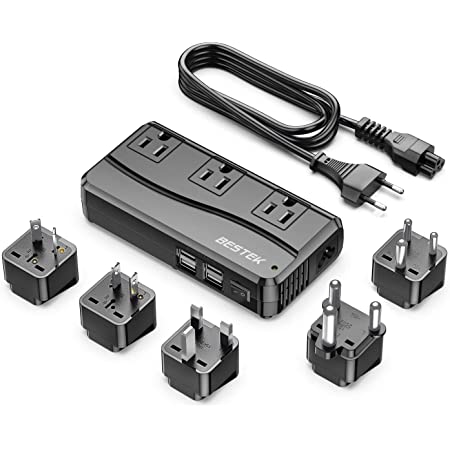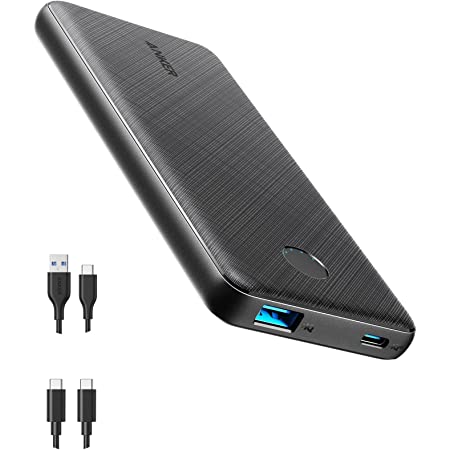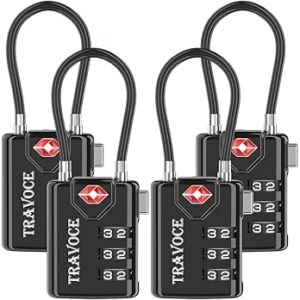Plug For France: What You Need To Know
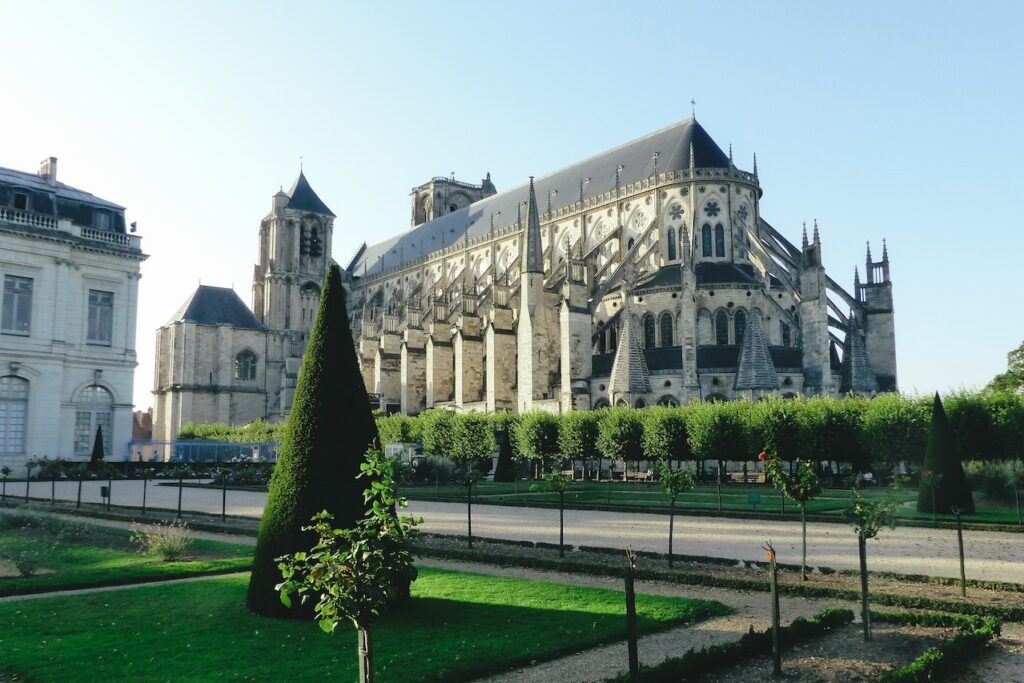
What is the plug for France? Before you travel, check the information below to make sure your electronic devices are compatible with the outlet type and voltage.
Electrical Summary
Plug Compatibility: Type C, Type E
Voltage: 220V – 240V
Frequency: 50 Hz
Type C

Type E
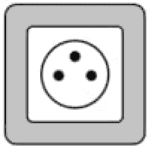
Can North Americans use Electronics in France without an Adapter?
No! North Americans will need an adapter for the outlets and a transformer for the voltage when traveling to France. North Americans device plugs will not work with the outlet types in France. Also, the voltage in France is different from North American voltages.
Can Europeans use Electronics in France without an adapter?
Yes! Europeans do not need a travel adapter or transformer when traveling to France. Most device plugs will work with the outlet types in France. Also, the voltage in France is the same as in Europe.
What Outlet does France Use?
Type C

Type C plug sockets are used in Europe, Africa and Asia. They have two round pins and no grounding pin. These plugs are typically used with devices that have a voltage of 220-240V. This outlet is rated for 2.5 amps. Plug Type E, and Type F are compatible with this socket. All other plug types will need an adapter.
Type E

Type E plug sockets are used in France, Belgium, Poland and some parts of Africa. They have two round pins and a grounding pin. These plugs are typically used with devices that have a voltage of 230V.
Recommended Products:
Should I use a VPN when traveling?
YES! Using a VPN when traveling is highly recommended to protect your online privacy and security. Public Wi-Fi networks in hotels, airports, and cafés are often unsecured, making you vulnerable to hackers and data theft. A VPN encrypts your internet connection, safeguarding sensitive information like passwords and banking details. It also allows you to bypass geo-restrictions, granting access to streaming services and websites that may be blocked in certain countries. Additionally, a VPN helps prevent government surveillance and ISP tracking. For a seamless and secure browsing experience while traveling, choose a reliable VPN with fast speeds and strong encryption.
France Travel Essentials:
Is it safe to drink water in Italy?
Generally speaking, the tap water in France is safe to drink. The French government has established strict standards for the quality of drinking water, and public water supplies are regularly tested to ensure that they meet these standards. In fact, France has one of the highest water quality standards in the world.
However, there may be variations in water quality depending on the specific region or municipality. In some areas, the water may have a slightly different taste or smell due to the minerals or chemicals present in the local water sources. It’s always a good idea to check with the local authorities or your accommodation provider if you have any concerns about the safety or quality of the water in a particular area.
We recommend always packing a filtered water bottle when traveling!
Travel Essentials
Be sure to check our list of travel essentials before your trip!
Should I get travel insurance when traveling to France?
It is generally recommended to get travel insurance when traveling to a different country. Travel insurance can provide financial protection and peace of mind in case of unexpected events, such as medical emergencies, trip cancellations, lost or stolen baggage, or other travel-related mishaps.
Travel insurance can cover various expenses related to your trip, such as medical expenses, emergency medical transportation, trip cancellation or interruption, lost or stolen baggage or personal belongings, and other travel-related expenses.
Before purchasing travel insurance, it’s important to carefully review the policy details, including the coverage limits, exclusions, and any applicable deductibles or copays. You should also make sure that the policy covers any activities or destinations that you plan to participate in or visit during your trip. Click here to price for Travel Insurance for France
Travel Summary
France is a stunning country located in Western Europe, known for its rich culture, history, and art. It has long been a top tourist destination for travelers from all over the world.
The capital city, Paris, is the most popular destination in France, with its iconic landmarks such as the Eiffel Tower, the Louvre Museum, and the Notre-Dame Cathedral. Visitors can also enjoy the vibrant nightlife, delicious cuisine, and shopping in the city.
Beyond Paris, there are many other regions in France that are worth exploring. The French Riviera, located in the south of France, is famous for its beautiful beaches and glamorous resorts such as Cannes and St. Tropez. Provence is another popular region known for its lavender fields, picturesque villages, and delicious food and wine.
The Loire Valley, located in central France, is known for its stunning chateaux and beautiful countryside. Visitors can also enjoy wine tasting in the region’s many vineyards. Normandy, located in the north, is famous for its D-Day beaches and historic sites such as the Mont-Saint-Michel.
Overall, France is a beautiful country with something to offer every traveler, from its stunning architecture and art to its delicious food and wine. It is a must-visit destination for anyone looking for a truly unforgettable travel experience.
Traveling to another country? Check out our Countries page for more info on countries like Germany, United Kingdom, Italy, Spain, Belgium, Switzerland, Luxembourg
